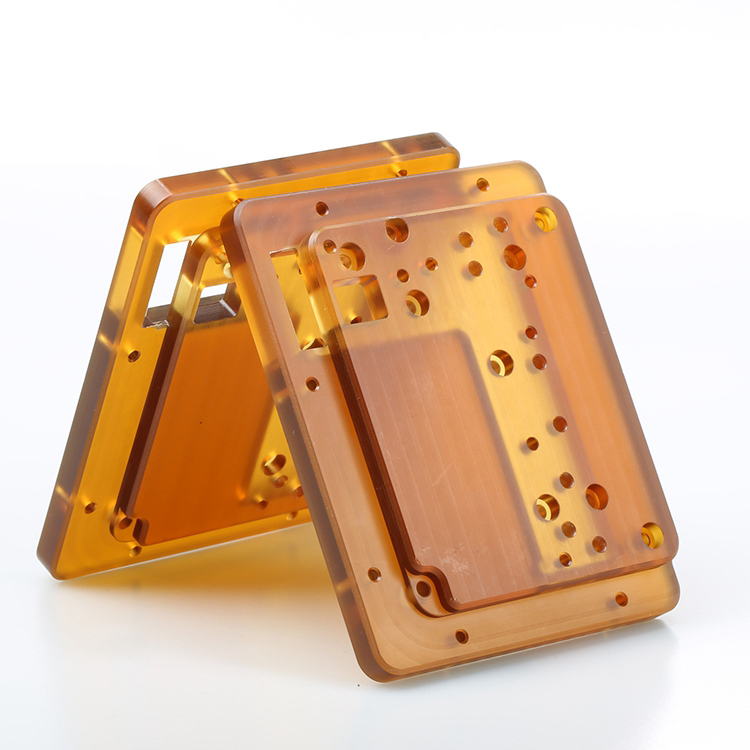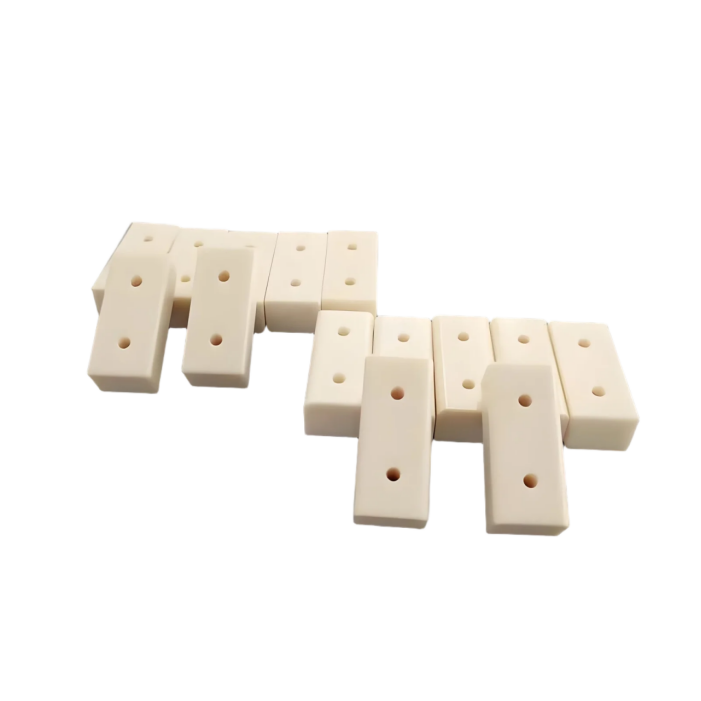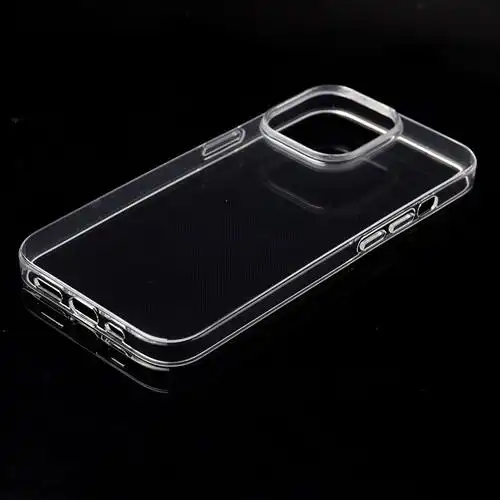Injection Molding Materials
Choosing the right injection molding material can make or break your project. Our comprehensive guide helps you quickly compare options based on strength, flexibility, and heat resistance, so you can confidently select the ideal material for prototypes, production parts, or custom designs—ensuring high-quality results every time.
PEI
Type: PEI
Temperature Resistance, Strength, CorrosionResistant, Flame Retardancy, Electrical Insulation, Aging Resistance
PEI (polyetherimide) is a high-performance thermoplastic engineering plastic that combines excellent heat resistance, mechanical properties, and chemical stability, enabling it to be widely used in high-end industrial fields such as aerospace, electronics and electrical engineering, and medical equipment.
ABS
Type: ABS
Strength, Economical, Processability
ABS (Acrylonitrile-Butadiene-Styrene Copolymer) is a well-balanced engineering plastic with good mechanical properties, excellent impact resistance, and easy processability. These characteristics have led to its widespread application in fields such as consumer electronics, household appliances, automotive industry, and daily necessities.
PC
Type: PC
Impact Resistance, Processability
PC (polycarbonate, commonly known as bulletproof glue) is inherently pale yellow or colorless and transparent, featuring hardness, toughness and luster. It boasts prominent advantages: with a light transmittance of 90%, it not only has good mechanical strength but also excellent impact resistance, along with outstanding heat resistance and weatherability.
POM (Delrin)
Type: POM (Delrin)
Impact Resistance, Chemical Resistant
Polyoxymethylene (POM) is a premium high-performance engineering plastic. Known for its metal-like mechanical strength, it offers exceptional hardness, rigidity, impact and fatigue resistance, as well as outstanding wear resistance and self-lubrication. POM also provides excellent dimensional stability, strong chemical resistance, and ease of processing. With this unique combination of properties, it has become a preferred material across industries such as machinery, automotive, electronics, and medical devices—making it an ideal replacement for metal in manufacturing high-precision, wear-resistant components.





